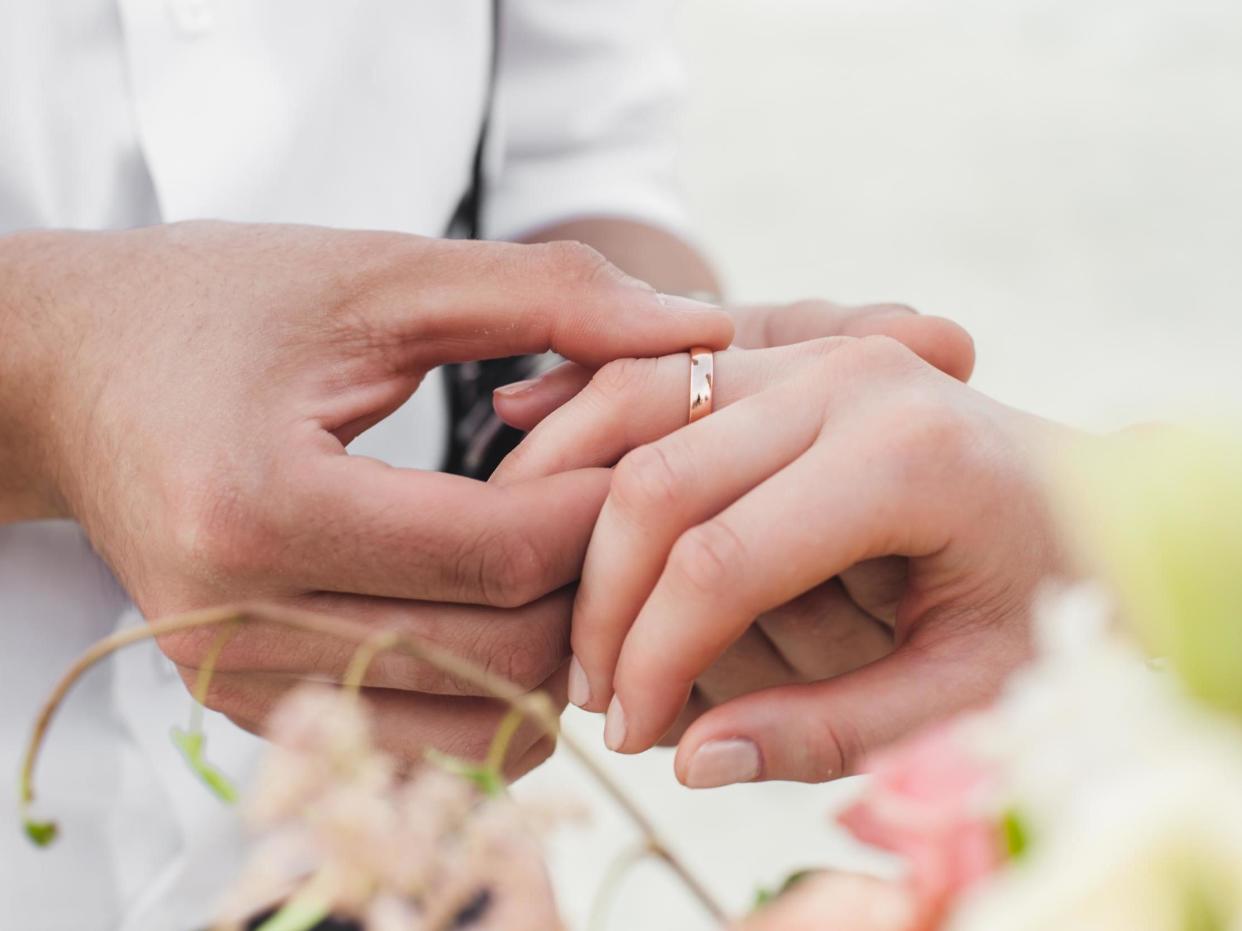Virginia lifts racist marriage licence requirement after lawsuit

Couples in Virginia no longer need to declare their race as a requirement for a marriage certificate, after three couples filed a lawsuit calling the statute “reflective of a racist past”.
The new policy was announced by the state’s attorney general, Mark Herring, who sent out a guidance to legal clerks and the media on Friday.
Some couples were reportedly being asked to choose from between dozens of racial classifications, including Aryan, Jew, Hebrew, Israelite, mulatto, quadroon and octoroon.
But, while the couples that have sued over the policy say they are happy with the new guidelines, they nevertheless say that they want to see the laws removed from the books entirely.
“We were happy to help quickly resolve this issue and get these couples what they asked for. These changes will ensure that no Virginian will be forced to label themselves to get married,“ Mr Herring said in a statement.
Mr Herring said that “statutes should be construed to avoid any conflict with the constitution“.
And he added: “I appreciate the courage these couples showed in raising this issue, and I wish them all the best in their lives together.“
The decision comes after three couples — Brandyn Churchill and Sophie Rogers; Ashley Ramkishun and Samuel Sarfo; and Amelia Spencer and Kendall Poole — brought suit against the state, arguing that the law requiring the disclosures is unconstitutional.
http://players.brightcove.net/624246174001/default_default/index.html?videoId=5837728067001
Support free-thinking journalism and attend Independent events
Victor M Glasberg, the lawyer for the couples, told the Washington Post that the decision is “welcome, it's much appreciated, and it's the right thing to do as an initial response. But the statute is obnoxious and... we need to get rid of the statute“.
Virginia is one of eight states that have a legal requirement to disclose race on marriage forms.
Interracial marriage has been legal in the United States since 1967, when the Supreme Court ruled on the issue.

